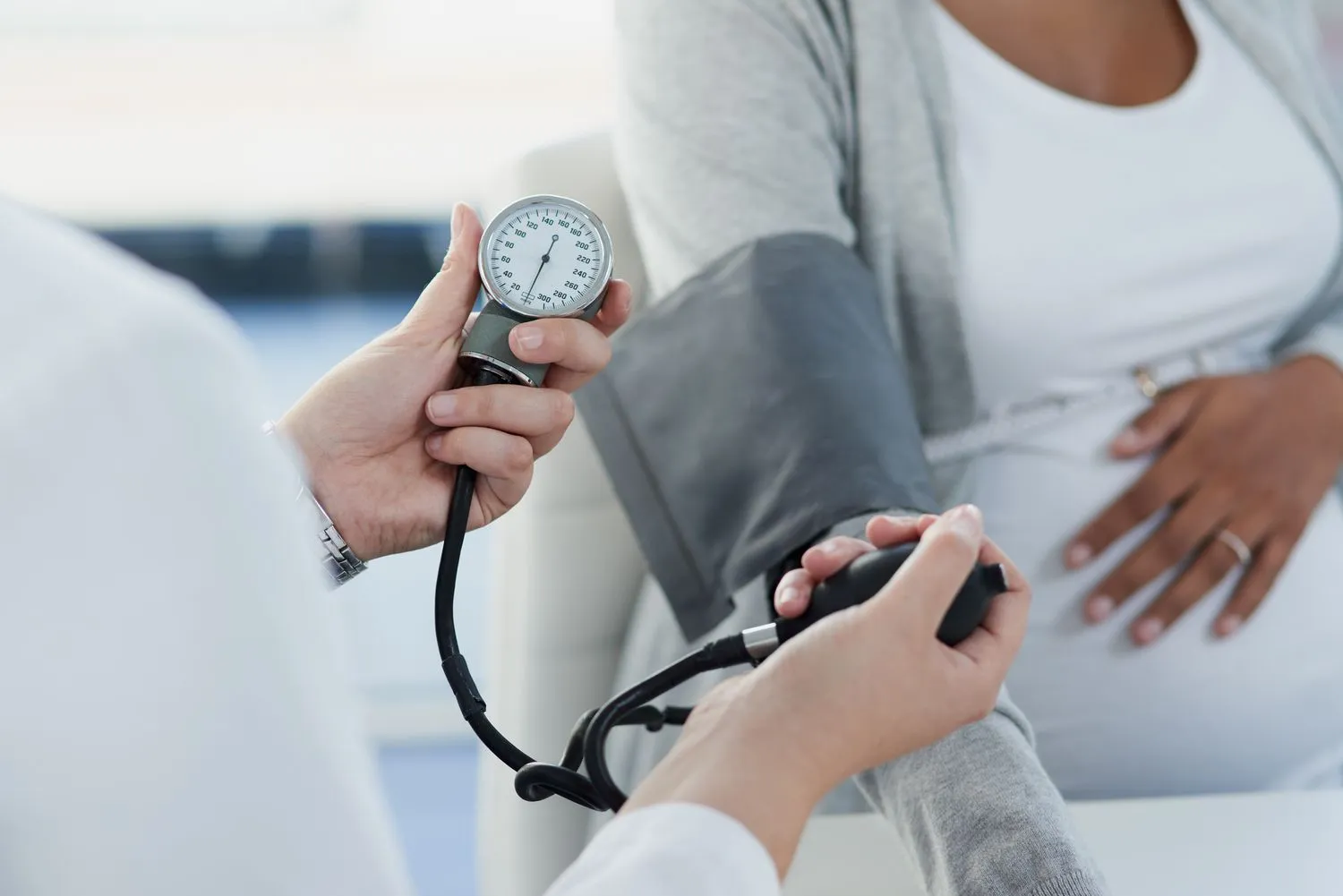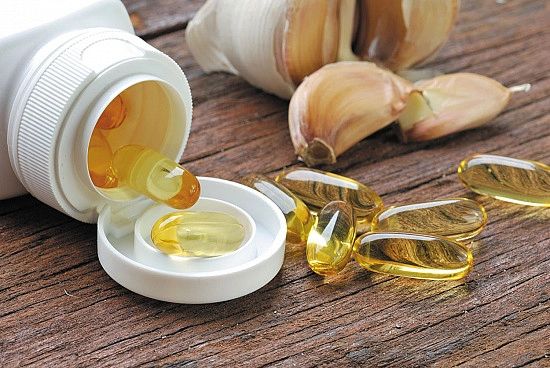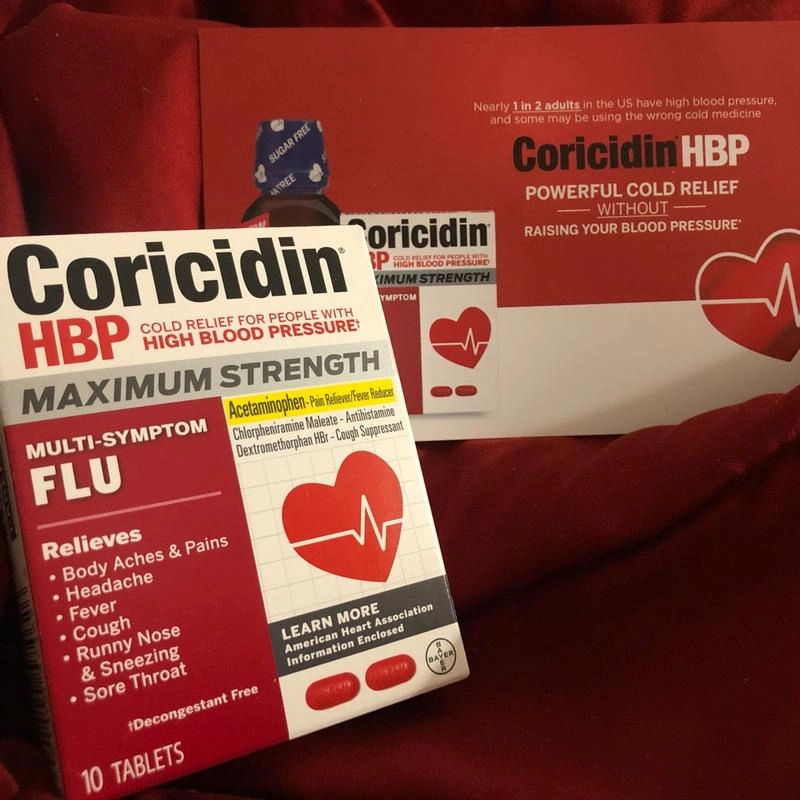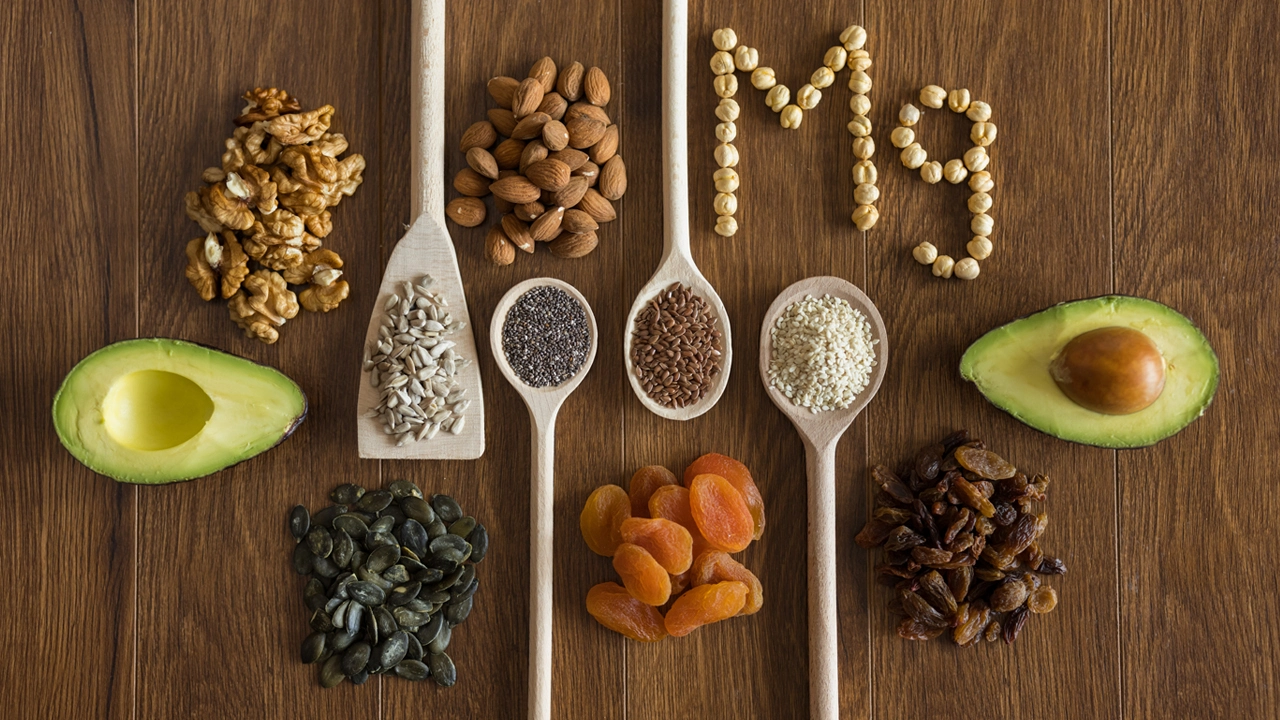Low Blood Pressure in Third Trimester of Pregnancy: Pregnancy causes a number of physiological and hormonal changes in a woman’s body. Conditions like gestational diabetes and hypotension can also result from these alterations.

Pregnancy-related hypotension, or low blood pressure, is very frequent but manageable with certain dietary and lifestyle adjustments. But first, let’s talk about normal blood pressure readings.
Normal Blood Pressure Values
Normal blood pressure is typically 120/80 mm Hg. You feel sluggish, lethargic, and low on energy when your blood pressure is about 90/60 mm Hg.
Pregnancy-related low blood pressure usually lasts for 24 weeks and goes away on its own as the body gets used to the changing environment. The question now becomes, what are the reasons for low blood pressure readings?
Causes of Low Blood Pressure During Pregnancy
The causes of low blood pressure include the following:
- The hormones that aid in pregnancy growth also dilate blood vessels, which results in blood pooling in the veins.
- You experience low energy because a developing fetus constantly needs your energy for cell division and growth.
- Pregnancy-related nausea and vomiting naturally reduce dietary intake, which might result in low energy.
Other causes are:
- Sudden standing up from bed
- Dehydration (Less intake of water)
- Anaemia (Low haemoglobin)
- Excessive vomiting
- Loss of Blood / internal bleeding
- Infections
- Medical Conditions
Symptoms of Low BP During Pregnancy
So, below are the symptoms
- Nausea
- Fatigue
- Headache
- Thirst
- Weakness
- Lethargy
- Fainting
- Cold Skin
- Blurred/double vision
If your BP drops too low, because of blood loss, it can lead to:
- Falls
- Shock
- Organ damage
An ectopic pregnancy, in which the egg is fertilized outside the uterus or in the tube, may also be indicated by low blood pressure and blood loss. Internal blood loss is an emergency.
Effects of Low BP on Pregnancy
During the first and second trimesters of pregnancy, a drop in blood pressure is typical. In the third trimester, this typically returns to normal. Is it risky to have low blood pressure while pregnant? Breathlessness, occasional dizziness, low energy, and mild weariness are all symptoms of low blood pressure that moms may encounter.
In more extreme situations, low blood pressure brought on by internal bleeding or other illnesses can seriously injure the mother and fetus. For instance, hypotension may result in the mother fainting and falling, which could injure the fetus.
The fact that stress lowers blood pressure is another worry for expectant mothers. Well, stress can play a significant role in high blood pressure, but not in low blood pressure.
In a similar vein, persistently low blood pressure can result in hypoxic brain injury by reducing blood flow to the developing fetus. Low blood pressure might occasionally also be a sign of an ectopic pregnancy. This is a severe illness that requires medical care. If untreated, prolonged or severe hypotension can cause stillbirth or premature labor.
Our doctors and care teams will check your blood pressure at prenatal visits and keep an eye on your health throughout if you’re worried and want to reduce these risks.
Diagnosis of Low Blood Pressure During Pregnancy
Blood pressure of 120/80 mmHg is considered normal. Individuals may differ slightly in this regard. You might be diagnosed with pregnancy-related hypotension if your blood pressure measurements are continuously lower than 90/60 mmHg during your pregnancy.
Your doctor at Max Healthcare will ask you about your lifestyle and any symptoms in addition to taking a complete family and personal medical history. If required, the physician might also suggest additional imaging, blood, or urine testing.
Treatment for Low Blood Pressure During Pregnancy

During pregnancy, low blood pressure is frequent. Despite being generally safe, it can create problems and pain for both the mother and the unborn child. Low blood pressure during pregnancy can be treated with a number of drugs, such as fludrocortisone, midodrine, and ephedrine.
Home remedies for low BP during pregnancy
In addition to speaking with your physician, you can avoid low blood pressure by doing the following:
- Nutrition Drink plenty of water. Every hour, consume 80–100 ml of liquid (water, fruit juice, coconut water, etc.). Small servings and frequent meals are the norm. Rather than eating big meals, spread out your meals throughout the day in modest portions. Eat a lot of vegetables and fruits. Eat a healthy, well-balanced diet. Your doctor could advise you to increase your intake of salt, but exercise caution since excessive salt intake might have negative effects. Therefore, before adding more salt, see your physician. If you’re experiencing nausea, you might want to try drinking ginger tea. Coffee is also beneficial.
- Workout Exercise increases blood circulation, but in order to avoid issues, you should speak with your doctor before beginning any exercise program.
- Getting enough sleep To avoid abrupt fluctuations in blood pressure, please refrain from getting up from a seated posture too quickly. Sitting or lying on your left side will improve blood flow to the heart if you feel lightheaded. Periodically raise your feet off the floor to allow your body to relax. Try dressing loosely. To increase blood circulation, you can put on compression stockings or high-knee socks.
Self-care Tips For Low BP During Pregnancy
Several self-care remedies are proven to stabilize low BP but can you increase BP instantly at home? Below are different easy home remedies that are helpful to keep a check on your low BP.
- In order to maintain a balanced diet during pregnancy, it is advised to eat frequently and in small portions rather than in bulk. Take prenatal supplements as directed by the doctor, taking into account the increased nutrient requirements.
- Drink plenty of water. Maintaining proper hydration with water, juices, coconut water, soups, and other foods helps maintain normal blood pressure. Low blood pressure is frequently associated with dehydration or fluid loss.
- Dress loosely. When pregnant, choose loose-fitting clothing. Both you and your unborn child will find it comforting. If advised, put on compression stockings.
- Steer clear of really hot showers and prolonged tub soaks. Avoid taking very hot showers and prolonged baths during pregnancy as these can further reduce blood pressure.
Summary
Low BP in pregnancy is a common thing most women experience in the early weeks. The condition is invariably benign but does require monitoring by an expert. It’s critical to understand when to get medical help if you have low blood pressure during pregnancy.
If you have persistent low blood pressure symptoms, especially if you are also having other symptoms such as excessive nausea, exhaustion, dyspnea, cold or clammy skin, impaired vision, or dizziness, you should speak with your doctor.
Additionally, if you have a history of low blood pressure, you should let your doctor know about it and take precautions to keep your pregnancy from getting worse. To assist control your blood pressure, your doctor could prescribe drugs or suggest lifestyle modifications like drinking more water and salt.






